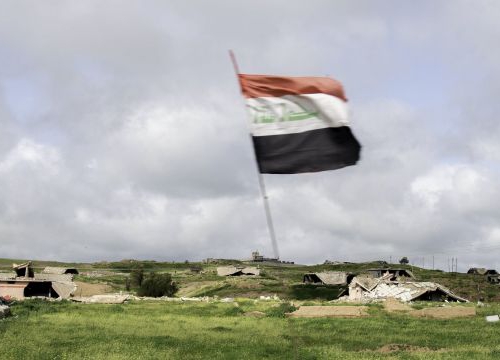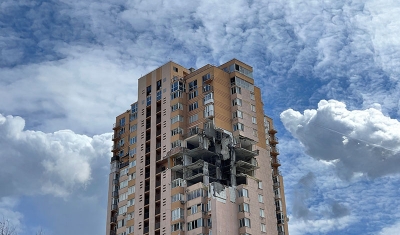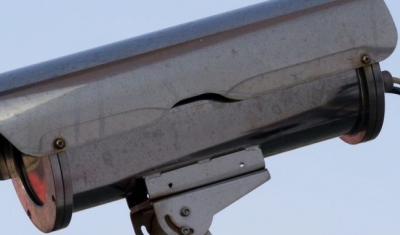Iraq: An Ongoing Non-International Armed Conflict despite the Claimed Victory against ISIS


ICRC
19 November 2019
Our new War Report article Iraq: Any Hope for Change? provides an overview of the non-international armed conflict (NIAC) in the country.
Written by Josiane Matar, it provides information about the classification of the conflict, its history, parties, developments in 2019 – including the recent protests and fate of foreign fighters and their families – and issues related to war crimes allegations, investigations and prosecutions.
‘This article is a very useful tool for anyone interested in understanding the current situation in Iraq and whether one can still classify the situation as a NIAC’ explains Dr Annyssa Bellal, Senior Research Fellow and Strategic Adviser on International Humanitarian Law at the Geneva Academy.
Ongoing NIAC despite the Claimed Victory against ISIS and Foreign Intervention
Despite the fact that the Iraqi state has claimed victory against ISIS, the armed conflict has not yet ended. Recent events have shown that there is still a high risk of ISIS resurgence and military operations are still taking place against ISIS sleeper cells and rural holdouts.
While the Iraqi Government have resorted to foreign assistance from the United States and its allies, and the PMU received backing and funding from Iran, the conflict remains a NIAC as the Iraqi Government invited and consented to these interventions.
A Complement to the Legal Analysis in the Rule of Law in Armed Conflict Online Portal
This article complements the legal analysis of the conflict provided in the Rule of Law in Armed Conflict (RULAC) online portal, which includes an overview of the situation, its classification, parties and applicable international law.










